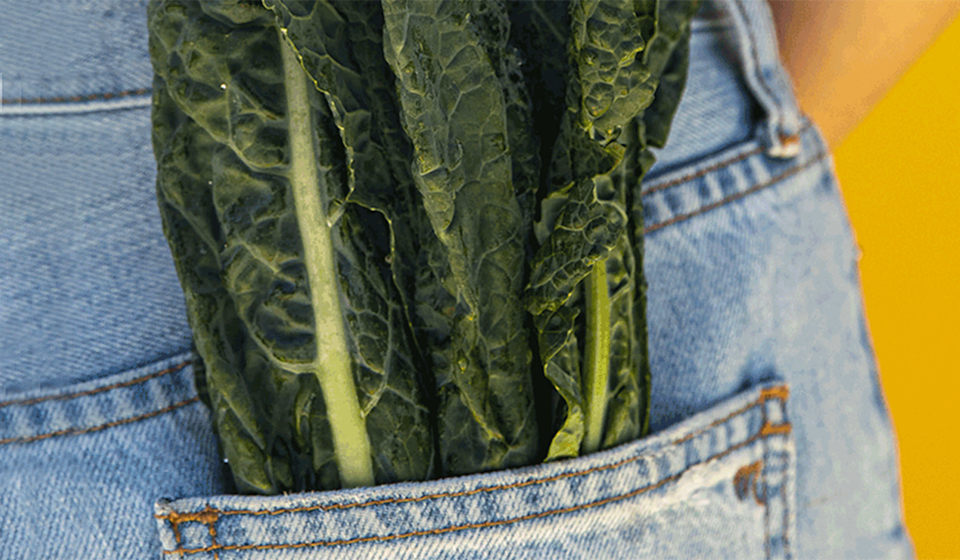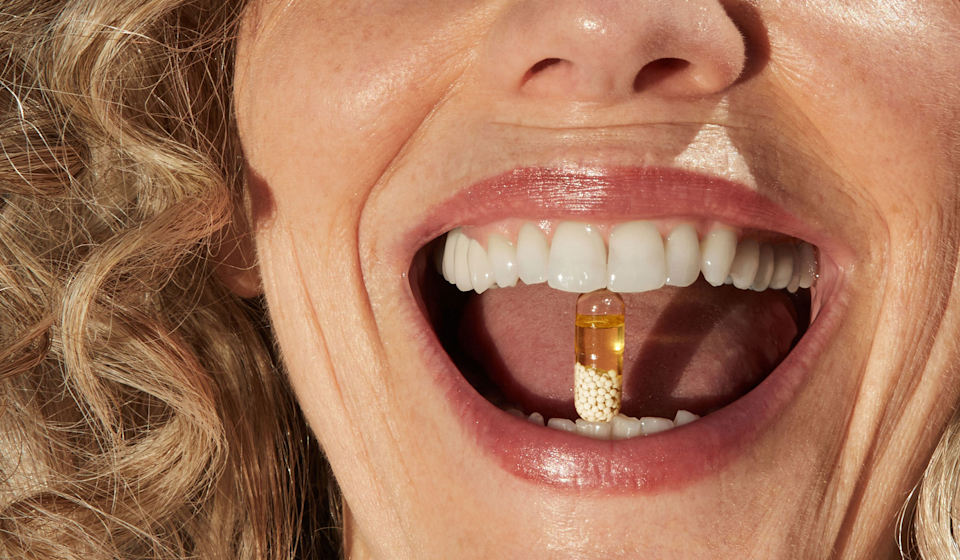It’s probably not very surprising that as your body moves through the physical changes of menopause, your nutrient needs begin to change as well—and calcium is kind of Exhibit A. In menopausal and postmenopausal women, it becomes even more important to get enough calcium.
So the answer is simply “more calcium,” right? Not so fast—it’s not necessarily about the amount of calcium intake itself, but the way we absorb it. Learn about the helper nutrients that help with calcium metabolism, and why calcium supplementation might not necessarily be the way to go when it comes to supporting bone health in postmenopausal women.*
Food first
We actually get quite a bit of the calcium we need through diet alone: foods like milk and other dairy products, lentils, sardines, leafy greens like kale and collards, and some nuts and seeds are all pretty rich in dietary calcium.*
We formulate all of our multivitamins with a food-first approach in mind—we’re big believers in helping to fill the gaps in your diet without overdoing it, so you’re not getting a bunch of nutrients you don’t necessarily need. That said, while some studies show that women over 50 don’t necessarily get all the calcium they need through dietary sources alone, our researchers have noted a debate among the scientific community about the current recommended daily allowance for calcium possibly being too high—and some argue that there might be potential risks associated with going overboard on calcium supplements for postmenopausal women. (In other words, too much calcium can definitely be a thing.)*
“We at Ritual keep a close analytical eye on emerging science on calcium and its role in aging,” says Dr. Mastaneh Sharafi, PhD, RD, and Ritual’s Director of Scientific Affairs. “We encourage our customers to rely on food sources such as dairy and dairy substitutes, dark green vegetables, nuts and beans as part of a healthful, balanced diet.”*
But paying attention to the foods you eat is also just one part of the equation. The other part is focusing on nutrients that can help.*







